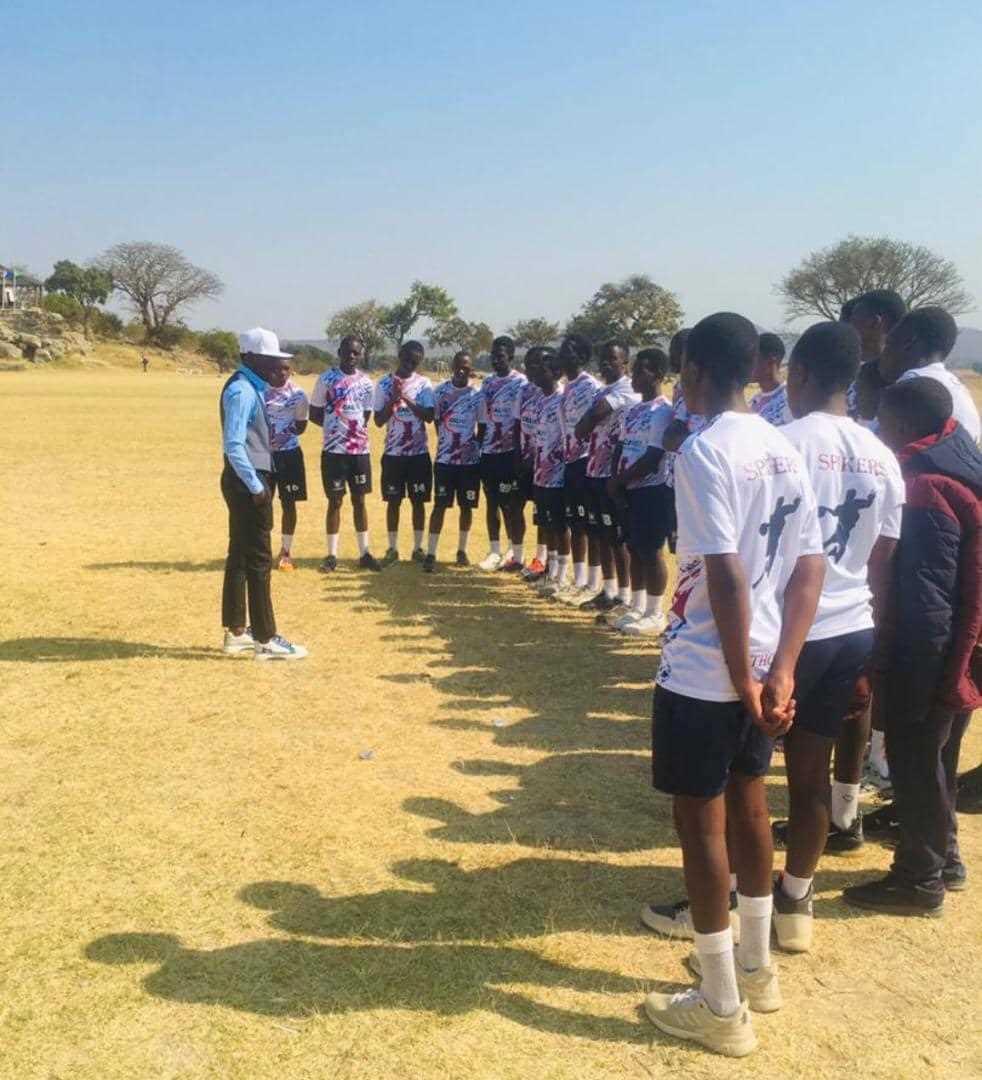
Patience Muchemwa
Zim Now Reporter
The selection process for Zimbabwe’s junior national sports teams has come under scrutiny, with allegations of nepotism and elitism casting a shadow over the meritocratic ideal. While some sports bodies, like the Zimbabwe Handball Federation, have implemented systems to identify talent from a broad pool, concerns remain about the fairness and inclusivity of the selection process.
The Handball Federation’s reliance on the NASH and NAPH games to scout players provides a platform for identifying promising athletes. However, critics argue that this approach may overlook talented players from private schools or those residing outside the country. Additionally, the financial burden of attending trials in major cities can exclude deserving athletes from less privileged backgrounds.
Related Stories
“Our selections for the under 20s and under 18s normally we start our selections during NASH competitions,” said Edson Chirowodza, Secretary General of the Zimbabwe Handball Federation. “Once we create a long list of these players, we then call them for trials.”
While Chirowodza acknowledges the limitations of this system, he maintains that the federation is committed to expanding its scouting network. However, concerns persist that the current system may not adequately represent the diverse talent pool available in the country.
In contrast, sports like squash appear to favor athletes from private institutions, raising questions about equity and access. This imbalance highlights the broader issue of socioeconomic disparities in sports and the potential for systemic bias in talent identification.
“Junior selection is mainly done through trials we normally call for trials in main towns Harare and Bulawayo but the disadvantage with it is some players might fail to pitch because of finances,” said Handball under 20 Coach Tafadzwa Madure.
The challenge of ensuring fair and inclusive selection processes extends beyond handball. It is a problem that plagues many sports, hindering the development of true sporting excellence. As Zimbabwe strives to produce world-class athletes, addressing these concerns is paramount.
To foster a truly meritocratic system, sport governing bodies must implement comprehensive scouting networks that reach beyond traditional channels. Financial barriers to participation in trials must be addressed to create equal opportunities for all athletes. Moreover, transparent selection criteria and independent oversight bodies can help to build public trust in the process.










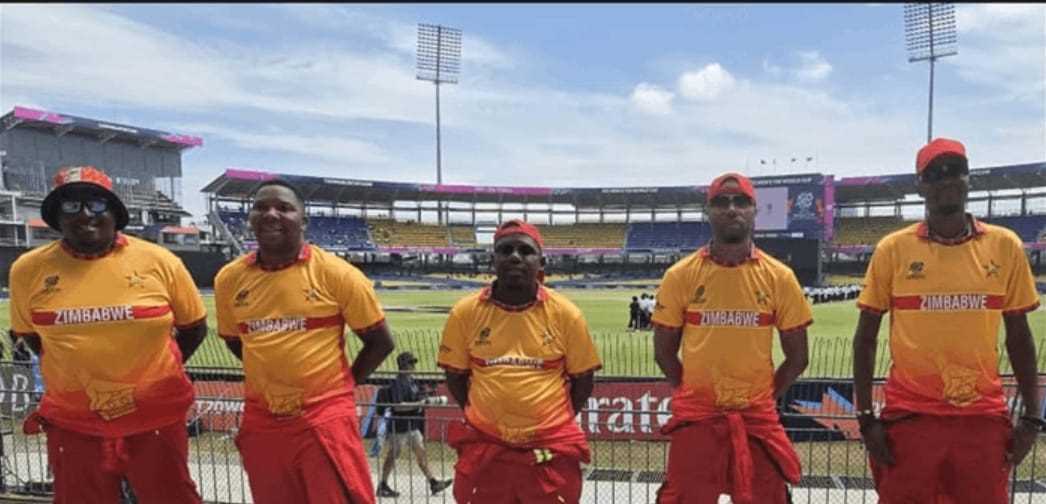
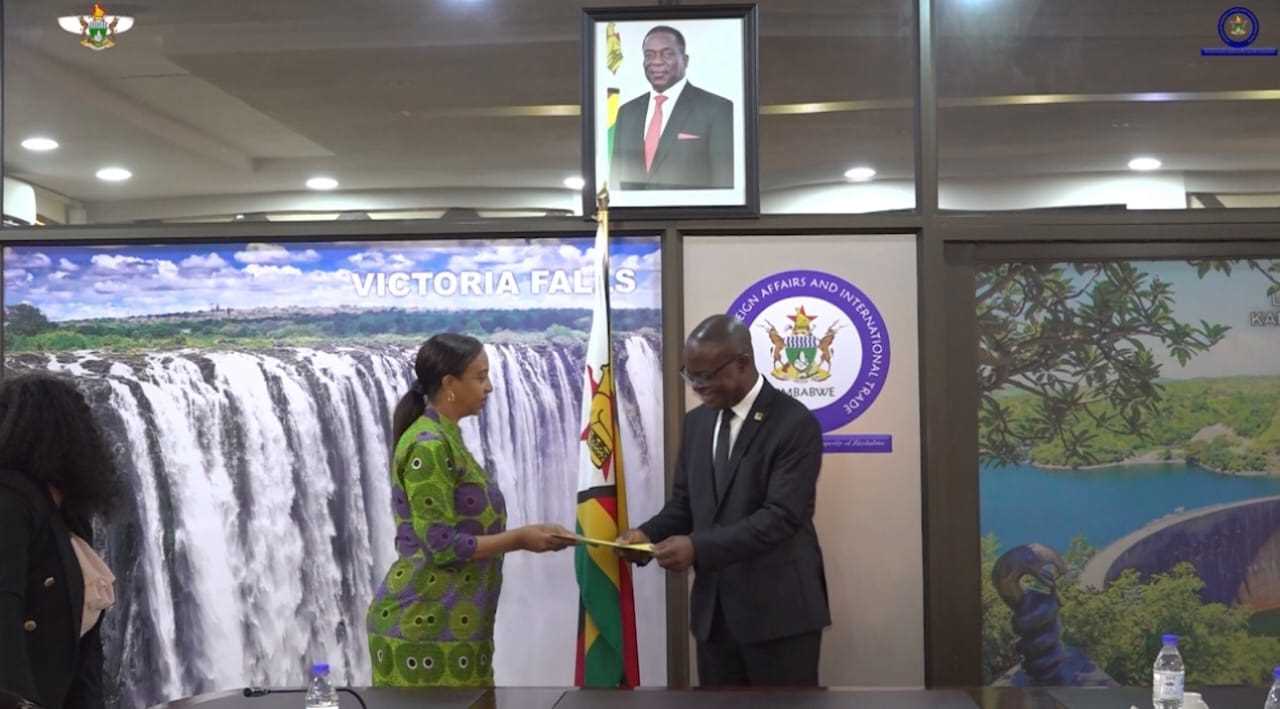
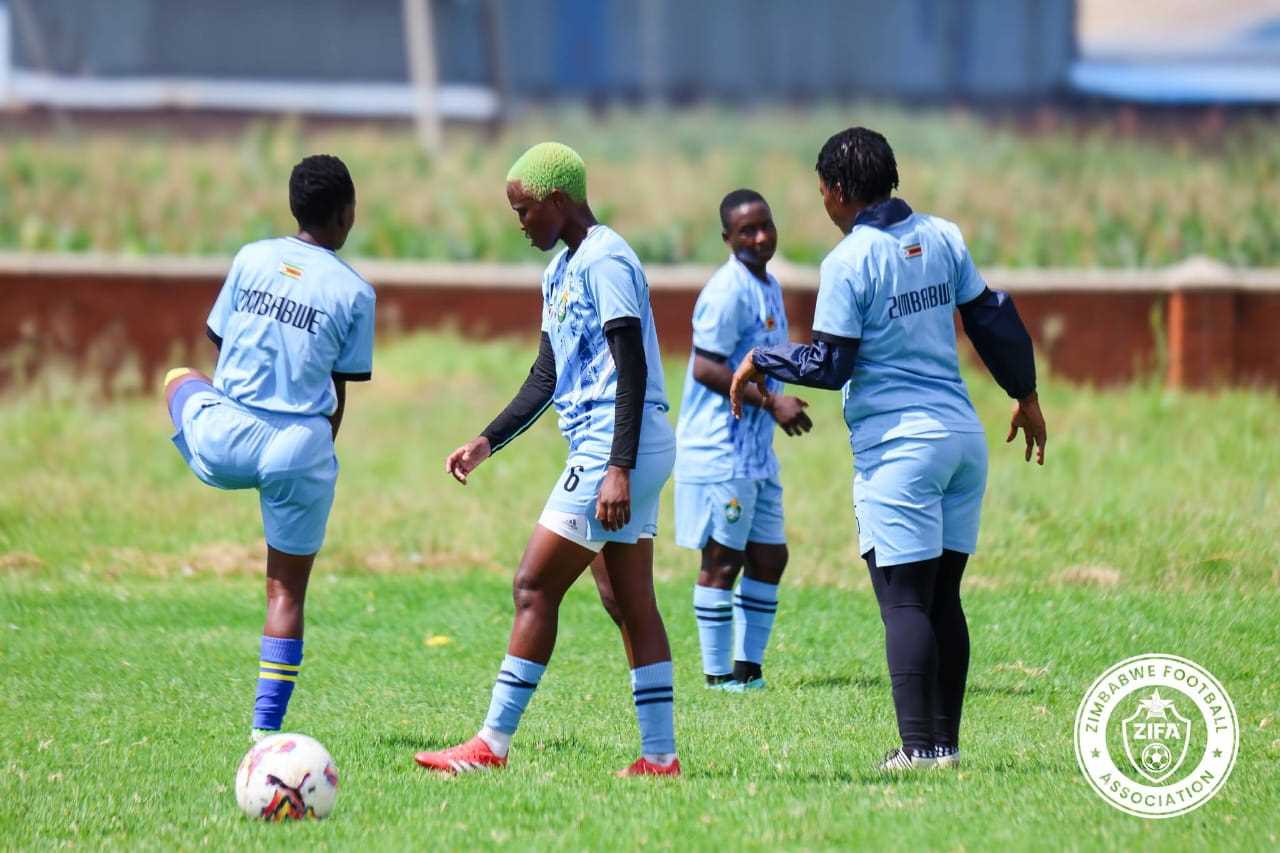


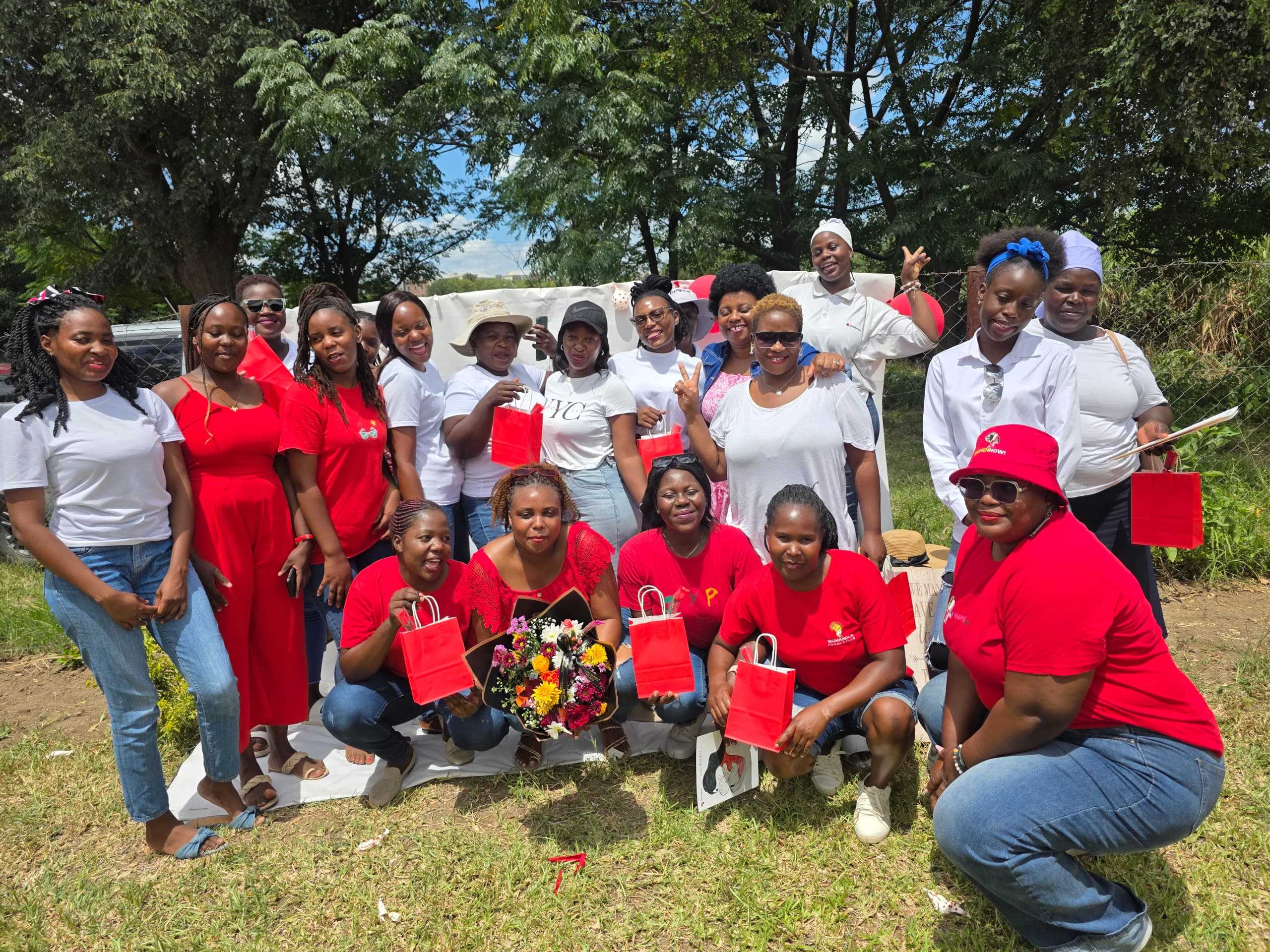




Leave Comments